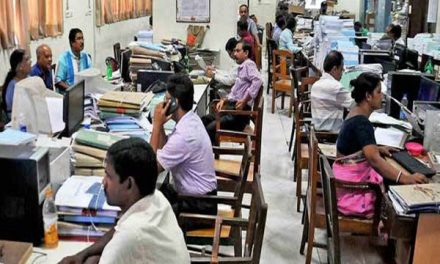Avoid COVID-19 Related Online Scams: Google has launched a dedicated webpage on its Google Safety website focused on the topic, to enlighten users about COVID-19 online risks.
The dedicated webpage will inform users about online risks and scams and help users stay safe. The new Google website is currently available in Hindi and English; though, the content will soon be rolled out in other regional languages as well.
Google’s advanced machine-learning classifiers have globally seen 18 million daily malware and phishing attempts related to COVID-19, in addition to more than 240 million COVID-19 related spam messages in the past couple of weeks.
The most common type of scams include stealing personal data, fake offers of goods and services, impersonation of authorities, fraudulent medical offers, and fake requests for charitable donations among others. Google has listed ways in which scammers can reach users, and offers guidance on how to differentiate between a fake and real message.
Google advises that users should pause and evaluate all messages coming in, especially those that request for unsolicited information. Scammers usually ask for login info, bank details, request payment, and address details – essentially more information than necessary.
Google also suggests making donations by going directly to the NGO’s official website, rather than clicking on a link sent via message or email. Furthermore, scammers always try and manipulate amateur users by posting fake links that imitate established websites by adding extra words or letters. ‘If it says something like “click here,” hover over the link or long-press the text to check the URL for mistakes ─ being careful not to click it. Misspelled words or random letters and numbers in the URL or email address may also indicate a scam,’ Google cautions.
Another best practice is to search for something that looks fishy in Google Search. If you spot a fraudulent message, just copy and paste the text, or email address or phone number in Google Search to check if it’s been reported by other users. The tech giant also suggests adding an extra layer of security to all accounts by enabling the 2-step verification process.
Recently, Google has also spotted malware-laden sites that pose as sign-in pages for popular social media accounts health organizations, and even official coronavirus maps. Google asks users to evaluate thoroughly before clicking on any links online.
you can directly view the dedicated webpage launched by the google, to avoid online fraud happening during the lockdown, to view the page ”Click here‘











